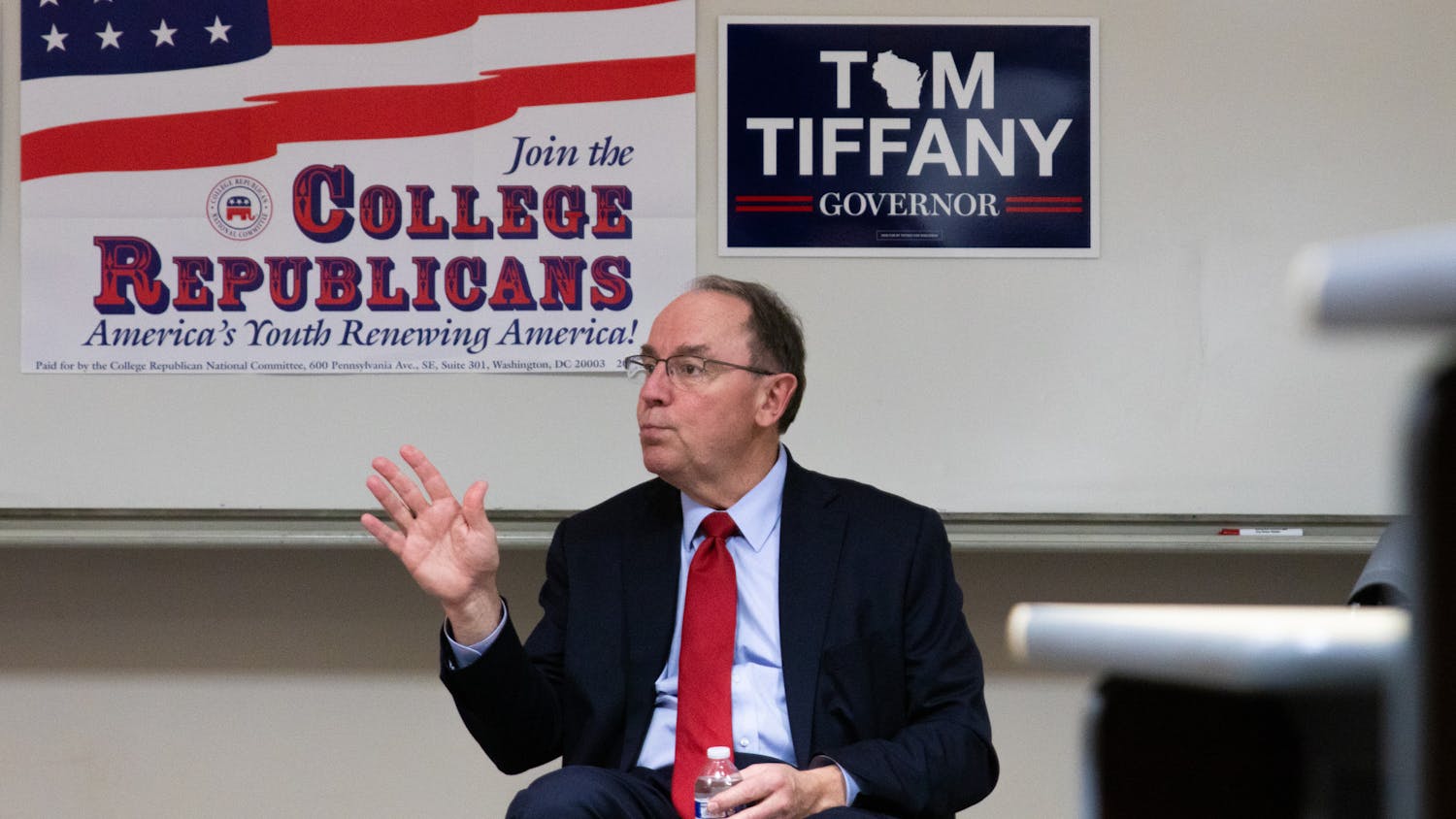They're not getting what they wanted, but the striking Tyson workers are conceding defeat. By a vote of 293-70, they have accepted the concessions demanded by Tyson, reducing their own benefits and those of future workers in order to preserve the union itself in the face of an indifferent corporation.
The vote was a nearly perfect reversal of one in early January, when workers voted 272-74 to reject the company's proposals, which had changed little over the course of the 11-month strike. The new contract, which will last four years, has minimal wage increases, less vacation time and far more expensive health insurance costs. The future of pensions for new workers is highly questionable. One victory for the workers exists: The wage freeze that Tyson wanted was removed from the contract. But given the lost benefits, it is a small one.
Despite this, the fear of de-unionization propelled the vote to return to work. The strike began nearly a year ago, on Feb. 28. Federal law dictates that after a year, replacement workers can vote to decertify the union. If that had gone forward, the 470 strikers would have been completely out of jobs. As it is, they will only return to their old positions as replacement workers leave, assuming they do. There is bound to be some conflict between the strikers and those who crossed their picket lines.
While a multi-faceted conflict all on its own, strike-breaking isn't the issue here. What is far more important coming out of this is another vivid example of corporate coldness and the importance of the bottom line. The problem is magnified as companies become ever bigger. Tyson says it was attempting to bring the Jefferson plant \into line"" with that of its other facilities.
Though the plant has been around for well over a century (and unionized for well over a century), Tyson has only controlled it since 2001, when it bought several IBP meat packing plants. What was once considered a good employer has become less so, as Tyson cut in on workers' benefits in order to increase its profit margin. Fourth- quarter profits for Tyson were up 75 percent, and in the first quarter are up by. This is in spite of lower sales. What sort of corporate rearrangements and changes result in that kind of growth? If this strike and its conclusion are representative, it's by cheating its workers and ignoring its responsibilities to them.
UW-Madison and Madison schools had voted against serving Tyson products to show support for the strikers. The UW Board of Regents even divested itself of a $200,000 bond-not exactly high rolling, but the action still made a statement. On the individual level, some students carpooled and walked the picket lines. This was an issue that mattered, one that brought labor up to the forefront, and still the corporations still won. For a company as large as Tyson, a few little protests like these don't seem to matter, because they just can't cut into profit margins.
Large corporations throw their weight around, relying on deep financial coffers to withstand the protests of the common people they employ. They can steamroll their workers with impunity, knowing that they possess enough power to do so. The Tyson strike is just oneexample of a problem that is going to continue to grow as corporations continue to merge and absorb others.
Strike paychecks of $100 a week are hardly enough to support an individual, let alone a family. Tyson could afford to wait out the strike, knowing that either finances would force workers to buckle or else the threat of dissolving the union would probably come before the picket lines really dented their margins.
While the strike resulted in some lost profits as production was reshuffled and a plant usually employing 470 workers was staffed by 300 and operating below capacity, they're big enough to take the hit.
This time, they were willing to do it, and the workers got screwed.
Three years down the road (since the contract is retroactive to February 2003) the union will be able to try again. Maybe roles will reverse, and fear of another 11-month strike by the union and the inconveniences it would encompass will lead Tyson to negotiate in better faith. There's hope the next series of contract negotiations will come to a better end. For now, the workers will have to make do with preserving the institution, hoping that it will serve them better in the next round.
Jessica Rane Gartner is a senior majoring in political science.





